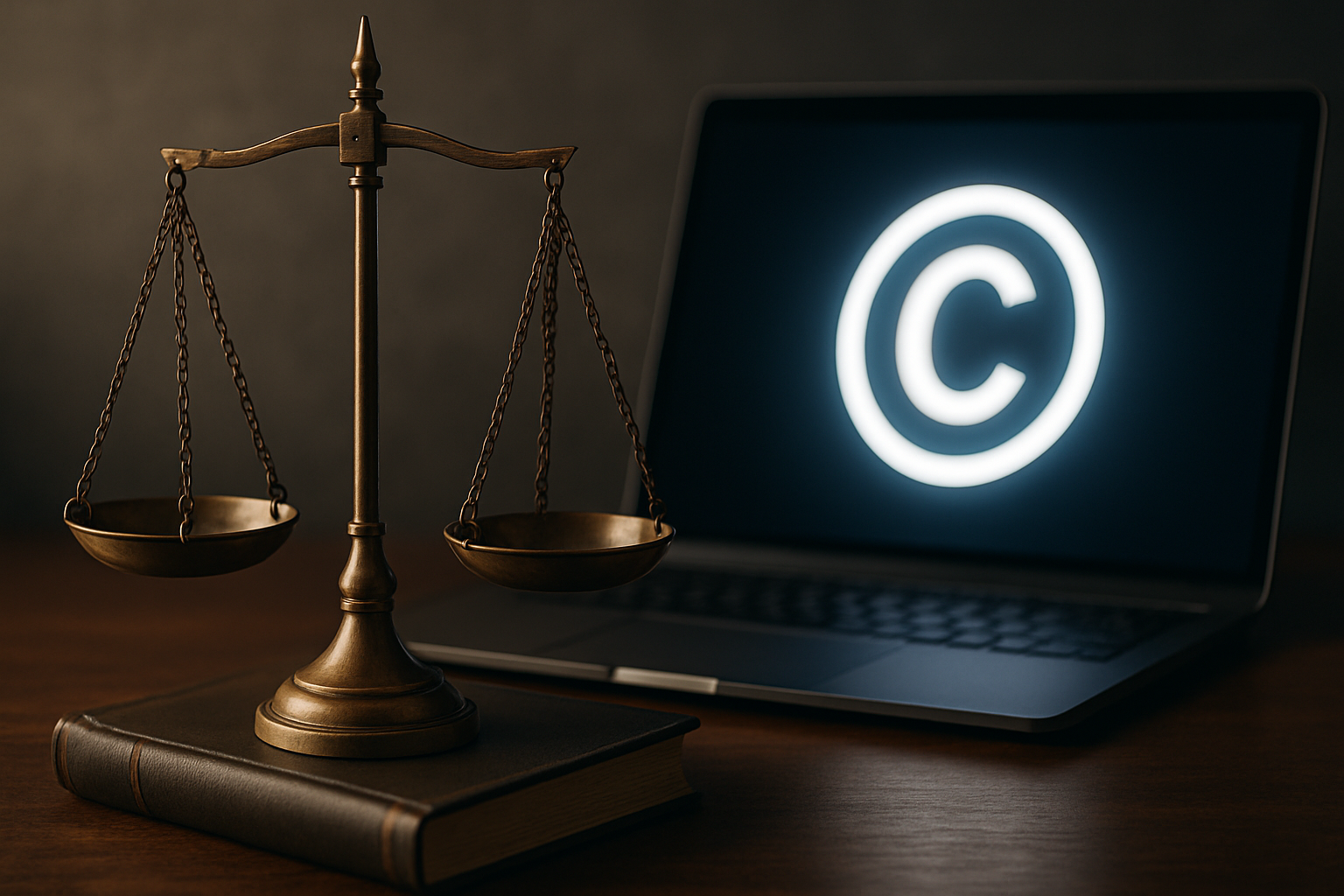Decoding Algorithmic Bias in Legal AI Systems
Introduction: In an era of rapid technological advancement, the integration of artificial intelligence into legal systems has sparked both excitement and concern. As AI-powered tools increasingly influence judicial decision-making, a critical examination of algorithmic bias in these systems becomes paramount. This article delves into the complex interplay between AI and the law, exploring the challenges and potential solutions in ensuring fairness and equity in AI-assisted legal processes.

Understanding Algorithmic Bias
Algorithmic bias refers to the systematic and repeatable errors in computer systems that create unfair outcomes. In the legal context, this bias can manifest in various ways, such as disproportionately flagging certain demographic groups as high-risk or recommending harsher sentences based on factors that may serve as proxies for protected characteristics. The root of this bias often lies in the historical data used to train these AI systems, which may reflect and perpetuate existing societal prejudices and discriminatory practices.
Legal Implications of Biased AI
The use of potentially biased AI systems in legal decision-making raises significant constitutional and ethical concerns. It challenges fundamental principles of due process, equal protection under the law, and the right to a fair trial. When AI systems exhibit bias, they risk perpetuating and exacerbating existing disparities in the justice system, particularly affecting marginalized communities. This scenario presents a complex legal landscape where the promise of technological efficiency collides with the imperative of justice and equality.
Case Studies and Legal Challenges
Several high-profile cases have brought the issue of algorithmic bias in legal AI to the forefront. One notable example is the use of the COMPAS (Correctional Offender Management Profiling for Alternative Sanctions) algorithm in criminal risk assessment. Studies have shown that this system may produce biased results, particularly against African American defendants. Such cases have led to legal challenges and debates about the admissibility and reliability of AI-generated evidence in court proceedings, setting important precedents for the future use of these technologies.
Regulatory Approaches and Legal Frameworks
As awareness of algorithmic bias grows, lawmakers and legal experts are grappling with how to regulate AI in the justice system. Some jurisdictions have begun to implement transparency requirements, mandating that AI systems used in legal decision-making be open to scrutiny and auditing. Others are exploring the concept of algorithmic accountability, which would hold developers and users of AI systems legally responsible for biased outcomes. These emerging legal frameworks aim to balance the benefits of AI with the fundamental principles of fairness and equality before the law.
Ethical Considerations and Professional Responsibility
The integration of AI into legal processes also raises important ethical questions for legal professionals. Attorneys and judges must navigate the complexities of understanding and interpreting AI-generated recommendations while maintaining their duty to provide competent representation and impartial judgment. This new landscape necessitates updated ethical guidelines and training for legal practitioners to ensure they can effectively scrutinize and challenge AI systems when necessary.
Towards Fairness in Legal AI
Addressing algorithmic bias in legal AI systems requires a multifaceted approach. This includes diversifying the teams developing these technologies, implementing rigorous testing and auditing processes, and continuously monitoring and adjusting systems based on real-world outcomes. Legal scholars and technologists are also exploring innovative solutions, such as fairness-aware machine learning algorithms and the incorporation of ethical AI principles into system design.
The Future of AI in Law
As AI continues to evolve, its role in the legal system is likely to expand. The challenge lies in harnessing its potential while safeguarding the principles of justice and equality. This will require ongoing collaboration between legal experts, technologists, policymakers, and ethicists to develop robust frameworks for the responsible development and deployment of AI in legal contexts. The future of AI in law holds great promise, but realizing this potential demands vigilance, innovation, and a unwavering commitment to fairness.






